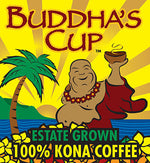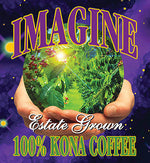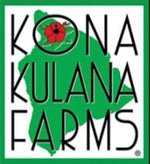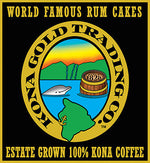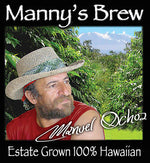Kona coffee growers are speaking out about the lack of labeling regulations for Kona coffee blends and Hawaiian food products. Currently, there is legislation flexibility that allows coffee to be labeled as Kona, although it is watered down to be just 10% of the authentic blend.
Coffee growers are fighting to protect the Kona brand while ensuring products made in Hawaii aren’t mislabeled to consumers. In this article, we will discuss the truth about some “Kona” coffee on the market, as well as new legislation efforts that will come to fruition in 2023.

Corporations Like McDonald's Market Inauthentic “Kona” Coffee
According to a McDonald’s franchise owner, their brand’s signature coffee blend contains coffee from Hawaii’s notable Kona region. The company is pushing back against labeling regulations, as they want to maintain the marketing that their coffee comes from Hawaiian origins.
The problem is that places like McDonald’s and many other large chains water down the Kona blend by including just 10% of the authentic Kona coffee. While this makes products more affordable for businesses, consumers receive a “Kona coffee blend” that is misrepresentative of the true quality, taste and origins of Kona coffee. Hawaiian coffee growers want to ensure that Kona coffee is protected in the industry instead of being used as a misleading marketing tactic.

Kona Coffee Farmers Win a Class Action Lawsuit Against Coffee Brands
Over the years, Kona Coffee Farmers have received over $20 million in settlement payments following a class action lawsuit against coffee retailers and brands. Many of these retailers were selling fake Kona coffee, which shows the negligence of the business’s ability to maintain customer transparency. Additionally, many of these companies are taking business away from native Hawaiian distributors and authentic Hawaiian-grown products.
Although these issues seem simple to fix, only time will tell if the new legislation for stricter Kona Coffee labeling is passed. Some businesses say sourcing and selling 100% Kona Coffee is too expensive to uphold. However, coffee growers believe this means they shouldn’t be allowed to use the Kona name at all. If they do, the true quantity of Kona coffee in each blend needs to be disclosed.
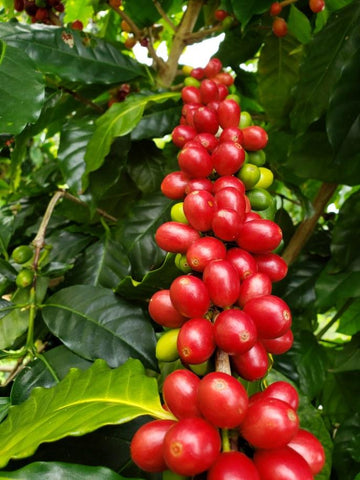
Coffee’s Importance as an Agriculture Product in Hawaii
While there are various opinions on how to protect the Kona brand and move forward with labeling, there is no question about the importance of coffee as an agricultural product in Hawaii. In fact, the state produced $61.9 million worth of coffee in 2021, ranking second next to macadamia nuts, which are also being discussed in the fight for honest Hawaiian labeling.
Hawaii Representative Nicole Lowen is fighting for the cause and is committed to passing a bill that protects the state’s agricultural exports. Recently, Lowen sponsored a bill to increase the minimum Kona coffee amount from 10% to 51% if coffee brands want to label their product as “Kona.” Once the bill hit the Senate, it was changed to require the Hawaii Department of Agriculture to study the economic impact that labeling changes would have on coffee.
While the pursuit of honest labeling is underway, there are mixed opinions on how to best go about Kona blends in the future. Coffee growers are not only fighting for their own business and state legacy, but are also looking out for the consumer. Everyone deserves to know exactly what they are receiving in their coffee, and in many cases, Kona blends have not been honestly represented.




